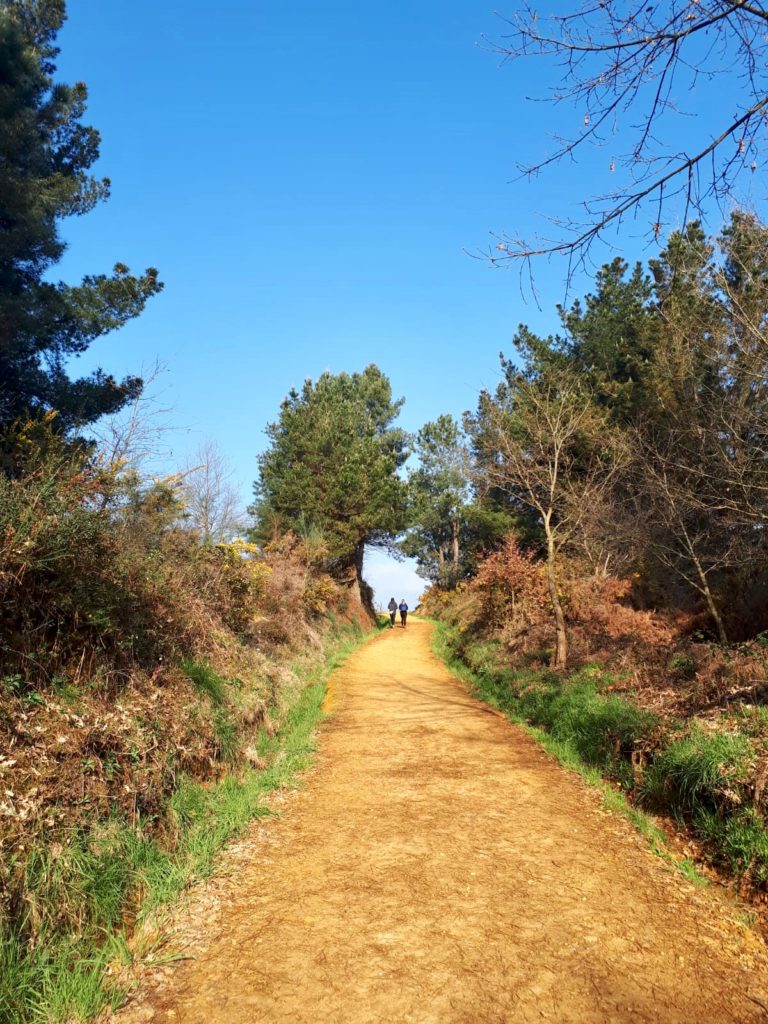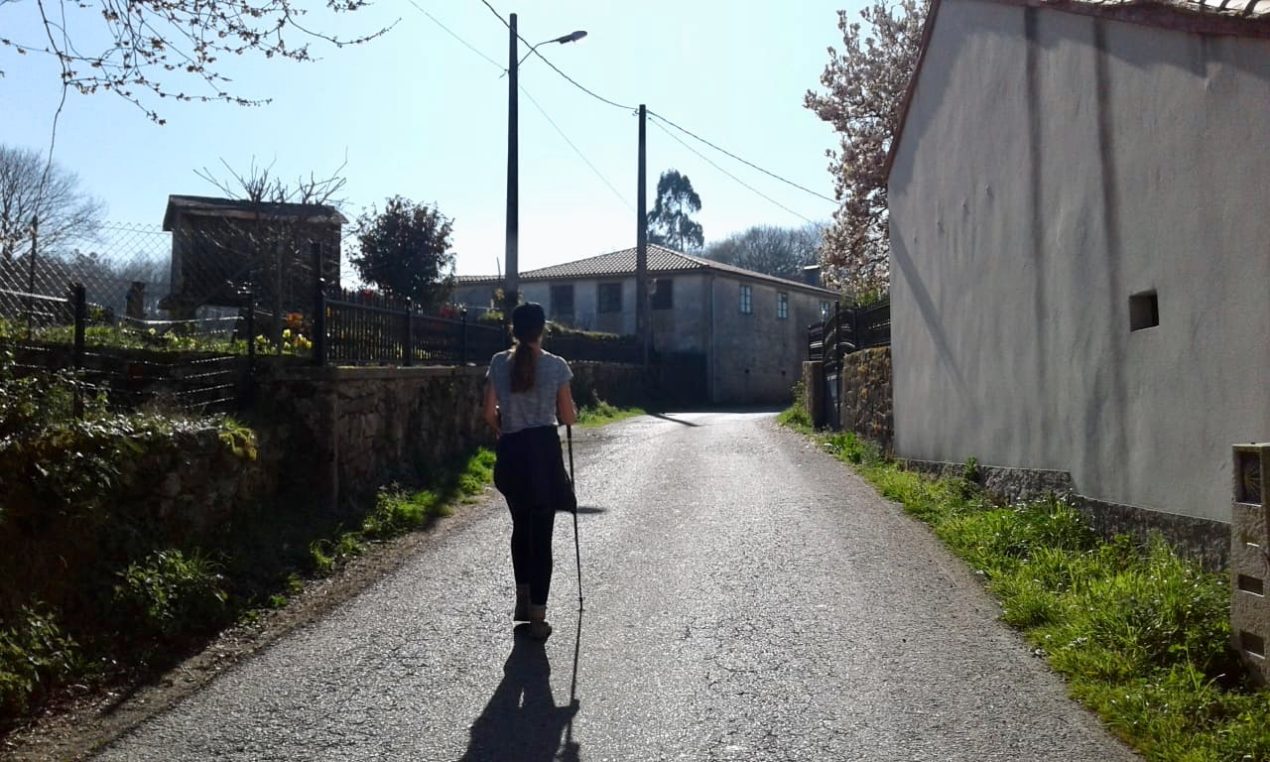Hiking on the Camino de Santiago with Recovery Trekking
Roughly this time last year, I was asked if I would be interested in guiding others along a famous pilgrimage route, one which thousands of people from all over the world complete each year – sounds like a dream job, doesn’t it? What makes it all the more special is that this role is less about guiding in a physical sense, and more about leading people down a spiritual path – I would be leading addicts and alcoholics seeking a holistic approach to recovery from their addiction.
Many people struggle to get and stay sober through conventional methods, such as rehab. Although such methods have clearly proven to be effective, they don’t work for everyone. I am a recovering alcoholic and my recovery path of choice has been a 12-step fellowship, which has helped me beyond belief- it’s been four years since I last touched a drink.
Through this remarkable fellowship, I have met some incredible people including Sparrow, a woman with over ten years of good-quality sobriety. Sparrow had previously carried out a pilgrimage on her own and, after experiencing firsthand its healing powers, she wondered if others could benefit from a similar approach. Just a few months later, she turned the idea into Recovery Trekking, an organization that facilitates hiking programs to minimize negative thoughts and improve self-esteem in individuals struggling with addiction and alcoholism.
I lead my first trek in March and was blown away at how well this concept actually works. The woman I was leading was a fragile, vulnerable and at times resentful alcoholic who had a lot of pent up fear and anger. Yet, the woman I said goodbye to was not the same one who joined Sparrow and I on that first day. While still emotional, she had calmed down immensely and a lot of that fear and anger had dissipated. I put this down to a number of factors, the first one being that she was willing to work on herself and face her demons, which requires great strength and courage. Secondly, she was accompanied by two women who had already embarked on their own journey of recovery and were able to help her through sharing their experiences and what they’d learned along the way. Finally, we were in the perfect location: a spiritual setting far removed from our daily lives where most of our time was spent walking through fields, forests and sleepy villages.
The benefits of nature and trekking for addicts are unparalleled, as both have a profoundly soothing effect. I believe it is easier to open up to someone while walking alongside them, no doubt because it’s somewhat less intimidating than sitting opposite them and having to maintain eye contact. Doing a hike of this distance also slows you down immensely, which we alcoholics need, as we tend to be people who live in the fast lane and don’t have a lot of patience. You learn to put up with things such as bad weather, achy muscles and blistered feet while pushing through the discomfort. When painful thoughts and memories arise, ones that for the most part we all try so hard to push away, we had to learn to sit with them, work through them and accept that it’s just part of the healing process.

When I completed a pilgrimage for the first time, which was shortly after Sparrow offered me the job, I had days where I found it difficult to keep going, not so much because I was struggling physically, but because my head was going crazy and I yearned for distractions. I know that for someone like the woman I led who had just a couple of months of sobriety, there are even greater challenges. When you’re newly sober, you have to deal with a whirlwind of emotions, ones which you’ve been suppressing for years through alcohol consumption, and it can be difficult to know how to manage them. However, I learned to embrace the silence and the simplicity of living like this and with time, my anxiety became significantly reduced.
The marvelous thing about doing the Camino is that you don’t have to worry about a thing besides feeding and washing yourself and getting to your destination. All I had in my backpack that time were two pairs of leggings, two t-shirts, spare socks and waterproofs. Oh, and I kept a journal and took a whole lot of snacks too, of course! On the more recent trek, I incorporated meditation to help us collect our thoughts prior to setting off for the day, 12-step work, which we carried out each afternoon, and a sharing circle before bed.
Trekking is undoubtedly a great outlet and a healthy way to release negative emotions, and I would advise anyone in recovery to consider taking it up. If you are someone you know could benefit from one of our treks, please don’t hesitate to get in touch – [email protected]
About the Writer
Milly Day has bags of energy and believes that getting clean and sober does NOT mean you become dull; quite the opposite! In sobriety, she has spent lots of time hiking, dancing, going to festivals and exploring different parts of the world. Since getting sober, Milly has ventured to exciting destinations such as Berlin, where she spent two years, Tunisia, Jordan, Egypt, Kenya and Ghana. Milly speaks several languages and her boundless enthusiasm for life and recovery comes through no matter which one she is using.
You can follow Milly on her Medium page and Recovery Trekking online and on Facebook.


Can you send me details of Addiction Pilgrims please
Hi Rosemary! Here is the Recovery Trekking website! http://recoverytrekking.com/